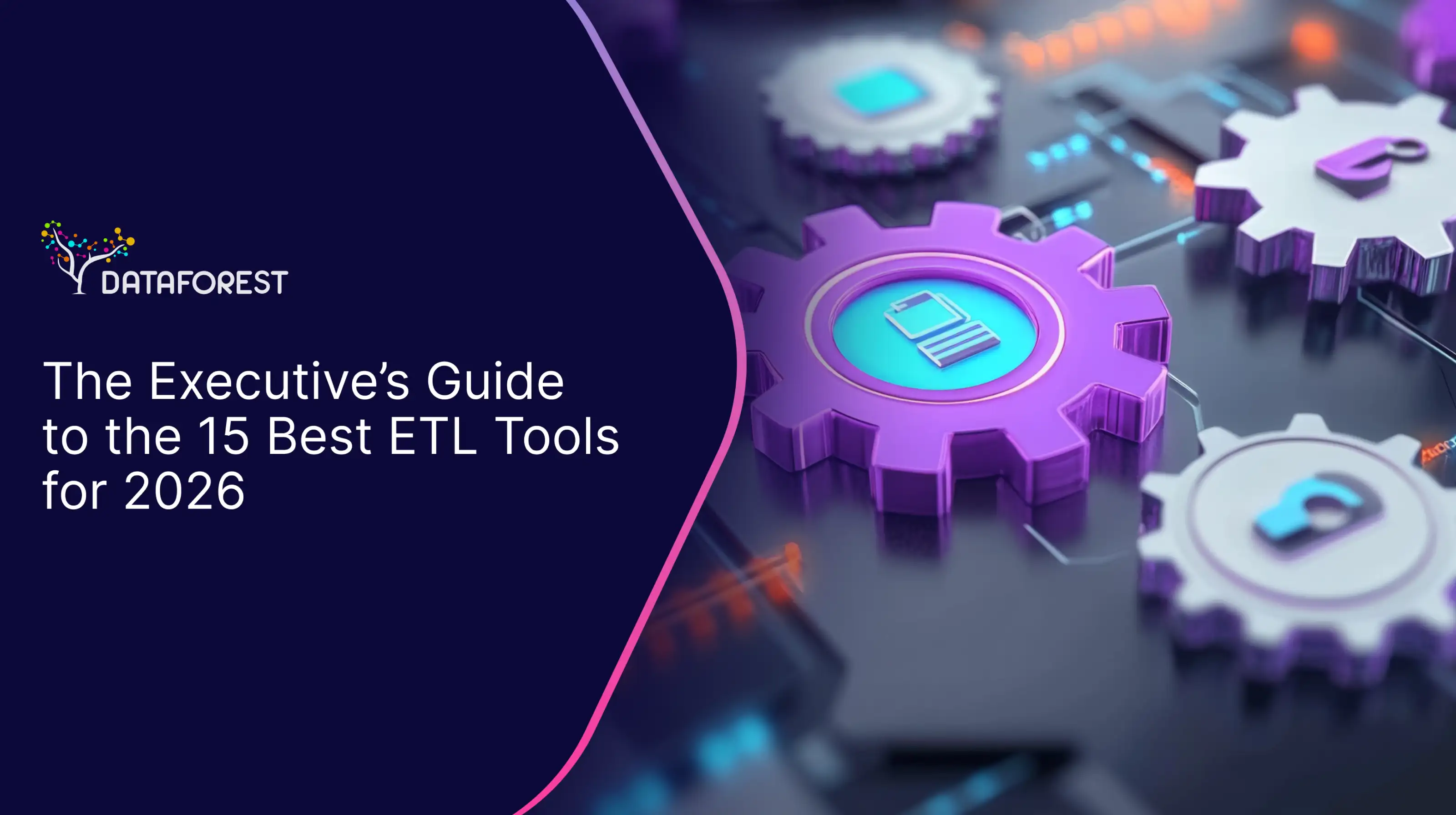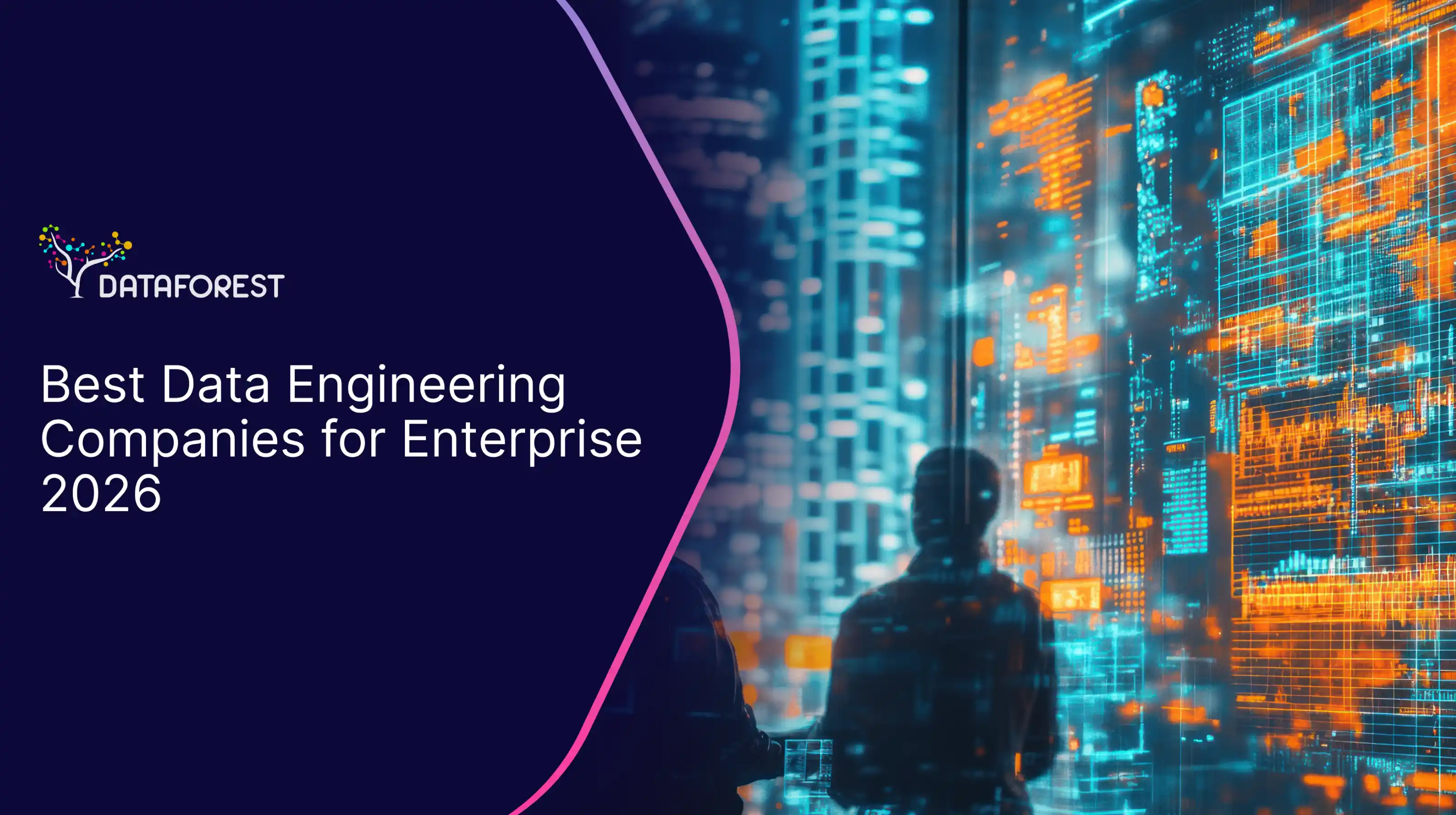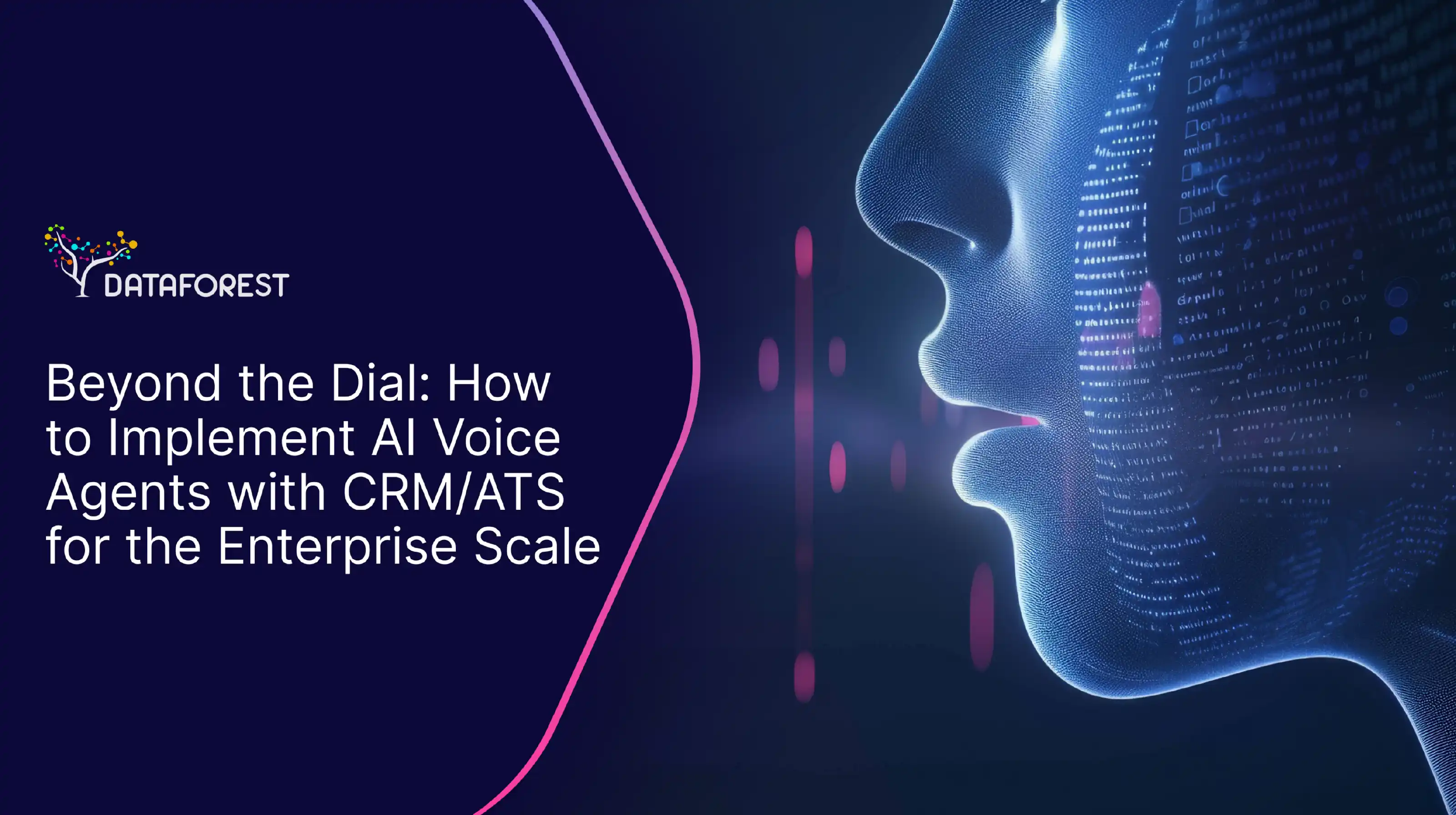
Data Architecture and DE Consulting: Take Control of Your Data
We design and build data systems that scale—moving you from fragmented data to architectures that execute strategy rather than create bottlenecks. The real advantage is that we've spent 18 years identifying where implementations fail, so we architect around the problems most consultancies discover too late. With 92% client retention across nearly two decades, we've proven we can deliver systems that work long after we leave.






Data Architecture Design
ETL / ELT Pipeline Development
Data Modeling & Schema Optimization
API and System Integration
Data Quality & Validation Frameworks
Data Governance & Access Control
Cloud Infrastructure Optimization
BI Enablement & Real-Time Reporting
.svg)
- A consolidated data architecture is needed to bring all customer information together in one place.
- This approach eliminates the need to spend weeks manually reconciling data between CRM, financial, and marketing platforms.
- A unified view also enables seamless cross-functional analytics, eliminating the need for specialised data transformation layers.

- Avoid using excess computing power as a solution; instead, redesign schemas and partitioning to speed up queries.
- To reduce cloud computing costs by 35–50%, optimize storage and computing resources to avoid paying for unused memory.
- Build a reliable foundation that can scale predictably to billions of rows without requiring a complete system overhaul.
.svg)
- Duplicates, gaps, or schema changes can slip through the net, resulting in meaningless information being displayed on dashboards.
- Validate data as it arrives and block unwanted data before it enters analytics or AI models.
- Automate deduplication and maintain complete visibility so you know exactly where and why something went wrong.

- Create transformations once and reuse them instead of updating each new source.
- Use connectors that adapt to schema changes without redeployment.
- When something breaks, you can see what broke and why before it appears in your reports.
- Stop overpaying for computing resources. Optimize your resources to control the cost curve, rather than letting it control you.
- Ensure resilience without unnecessary losses. Scale predictably from thousands to billions of rows without redesign.
- Maintain 99.9% uptime while reducing costs by 35–50%. Infrastructure that grows with you costs less, not more. This is included in our cloud architecture consulting services.
- Replace batch cycles with streaming pipelines. Fresh KPIs are monitored in seconds.
- There is no need to wait for data. Operations teams can act on current signals rather than outdated ones.
- Create actionable dashboards. Make real-time decisions faster than the competition.
- Design once and execute queries quickly. Star schemas can reduce execution time by 60–75% without requiring constant tuning.
- Schema changes should not disrupt system operation. Create flexible models that can be adjusted to changes in source systems.
- Centralized data models provide analysts with the information they need to write queries, rather than having to struggle with the structure.
- Build failure detection into the pipeline architecture. Track mistakes during execution.
- Resolve transformation errors immediately. Incorrect data never makes it into reports or models.
- Deploy without downtime. Broken pipelines do not lock up the entire system.
Analytical Data Architecture Across Industries
Cloud Architecture Consulting Process



.svg)

.svg)
.svg)
.svg)
.svg)
Advanced Cloud Architecture Capabilities
Your data infrastructure is usually the thing you built three years ago that nobody fully understands anymore. We help you replace it with something that scales, but more importantly, something your team can maintain without burning out.

.svg)
.svg)

.svg)
.svg)
Articles Related to Data Pipeline Architecture
All publicationsQuestions on Data Architecture
Let’s discuss your project
Share the project details – like scope, mockups, or business challenges.
We will carefully check and get back to you with the next steps.





















































